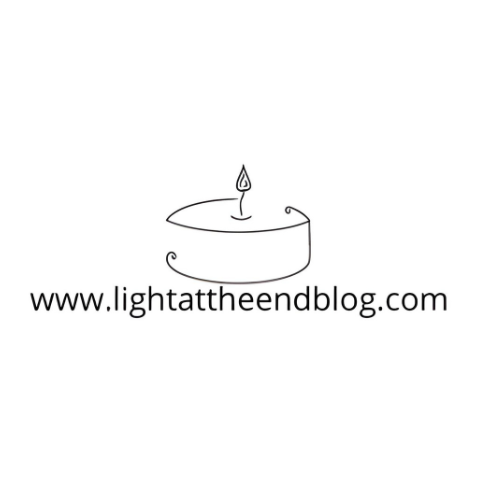Interview of Mirka Vainikka
- lightattheendblog1
- Feb 17, 2025
- 3 min read
What is your current job, and what have you done in the past few years?
-I’m a social services professional, local council member, and organization activist. I have extensive experience working with people struggling with addiction, child protection services, and mental health work. For the past eight years, I have worked as the executive director of Free from Drugs ry (Irti Huumeista ry). I have written about social and political issues and worked to influence public discussions and decision-makers.
How have drugs affected your life and the lives of those close to you?
-Illegal substances have impacted both my work and personal life. I have been close to someone struggling with addiction and have seen the effects on families and communities. At the same time, I have also witnessed recovery stories and how timely support can change the course of someone’s life.
What kind of work have you done with people who are suffering from addiction?
-I have worked both at the grassroots level and in decision-making roles. I have helped people in acute crises, for example, in harm reduction services and day centers, supported recovery in rehabilitation facilities, and influenced the services we offer in Helsinki and within the Social Democratic Party (SDP). I have also provided training and spoken publicly about how substance abuse policies need to be improved.
What challenges have you faced in your work? (For example, Finnish laws, funding, decision-makers, etc.)
-The biggest challenges are stigma, misinformation, lack of resources, fragmented services, and slow policy changes. It is too difficult to access rehabilitation, and too many people are left without the support they need. Stigmatization and outdated attitudes continue to hinder progress in substance abuse policies.
What improvements do you think should be made for marginalized people?
-I would prefer not to use the term “marginalized” in this context. Drug and health problems can affect anyone. Someone could just as easily label us as marginalized. I believe we should eliminate discrimination and the division of people into different categories. We need more low-threshold services, better prevention, and more comprehensive support. Homelessness, mental health issues, and addiction treatment are too disconnected—people should be helped holistically rather than being treated based on separate diagnoses. Support should address both social and psychological aspects.
What do you think about the term “underworld” or “marginalized people (undercast)” when referring to the homeless, addicts, people in debt, criminals, or those struggling to manage with their lives?
-These terms carry the core of stigmatization. Labels like these create division and reinforce negative stereotypes. Every human being has value, and difficult life situations do not make anyone “lesser.” Language influences how people are treated and what opportunities they receive. Advocacy work must center on language and respectful interaction.
In your opinion, are children’s homes in Finland safe places for children, and do they receive the support they need?
-Children’s homes are doing important work, but resources are often insufficient. There are cases where children do not get the help they need or even face danger. Every child should have a safe environment to grow, along with proper routines, individualized support, and treatment.
In what areas do you feel you have been successful in your work, and how have you contributed to improving things?
-I have been able to bring attention to the shortcomings of drug policies and child protection services in public discussions. I have worked to develop better services and influence political decision-making. Through my work, I have helped countless people find a path to recovery and hope for a better future.
What is your book Huumejärjestön pomo (The Drug Lord) about, and how did the idea for it come about?
-Huumejärjestön pomo is my first book, written together with Terhi Ojala. It is based on my experiences on different sides of the drug world—both as a social and healthcare professional and as someone close to a person with addiction. The book explores the world of drugs from multiple perspectives: how drugs affect individuals, families, and society, but also how recovery is possible. The idea for the book came from a desire to shed light on the realities of the drug world while also highlighting the possibility of change and recovery.
-Mirka Vainikka, Social Services Professional, Local Council Member, and Organization Activist.
Written by Light at the end of the tunnel blog 17.2.2025
.png)


Comments